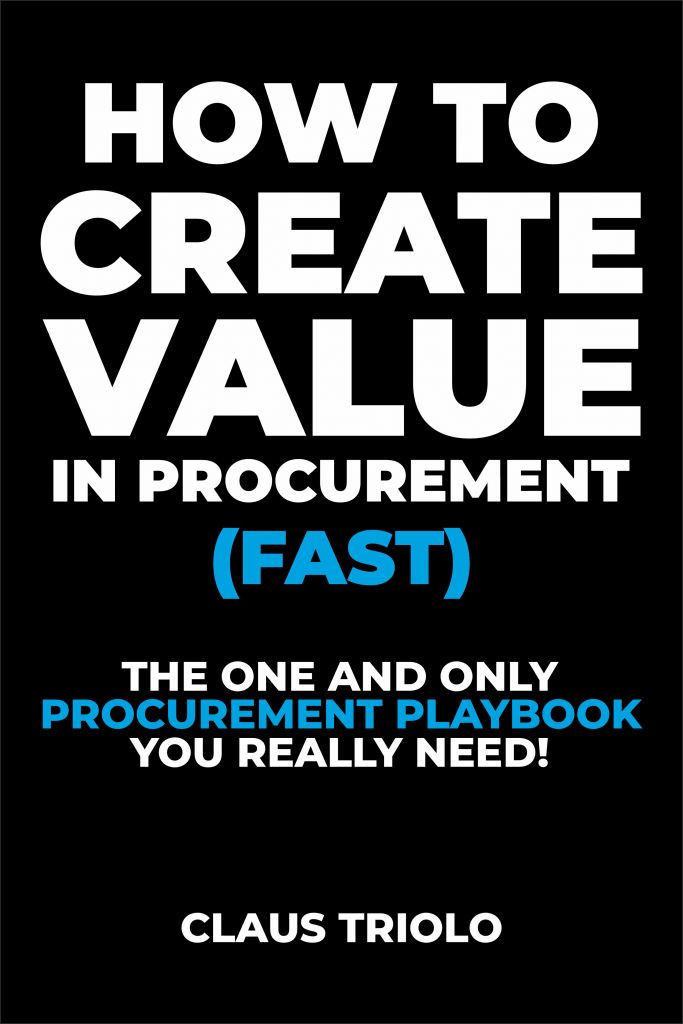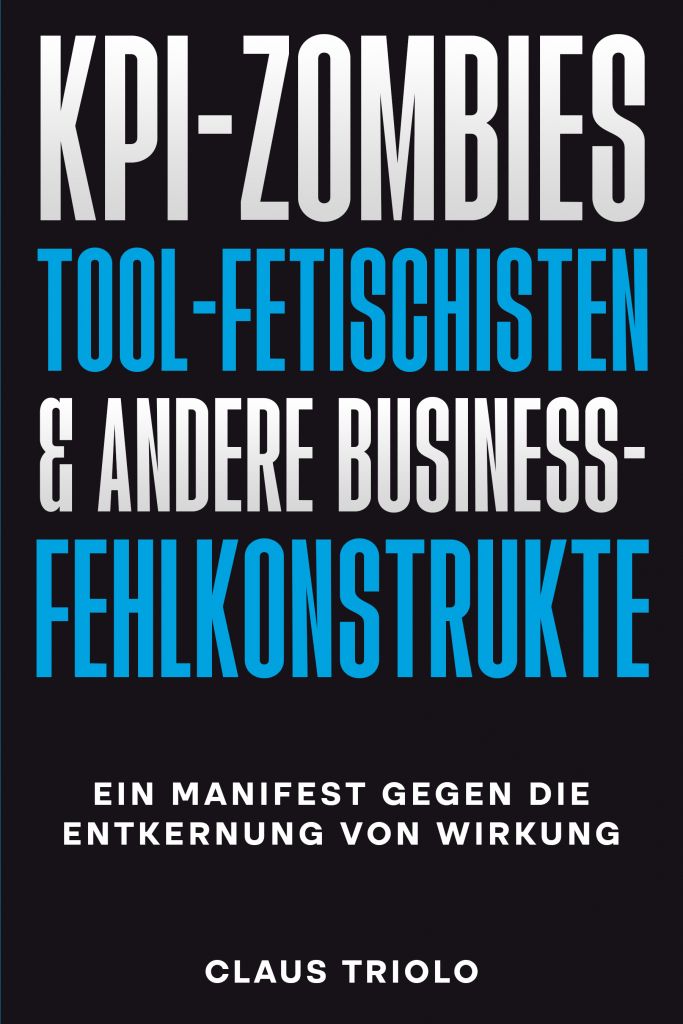Sustainability isn’t just the future of procurement – it’s the only future. 🌍 Leaders who fail to adapt are gambling with their business survival. Smart procurement leaders know that a sustainable supply chain isn’t an option – it’s a competitive advantage. 💡 Ignore it, and you risk rising costs, supply chain disruptions, and losing consumer trust. Inaction is no longer an option. Ready to lead?
Sustainable procurement is the key to resilience, profitability, and long-term success. 🌱 It’s not just a moral obligation – it’s a business imperative. As climate risks grow and regulations tighten, companies that fail to embed sustainability into procurement will find themselves falling behind. Leaders who take bold action will see long-term gains in efficiency, brand value, and reduced risk.
🛑 The risk of doing nothing?
Skyrocketing costs, unpredictable disruptions, and eroded trust in your brand. The leaders who adapt are the ones who will thrive in the new economy.
Real-World Example:
Unilever has been a leader in sustainable procurement, working closely with suppliers to meet ambitious environmental goals. Their commitment to sustainability has not only reduced costs but also bolstered their reputation globally. Companies that fail to adopt similar models will struggle to keep up. Learn more about Unilever’s sustainability efforts here.
The old mindset that profitability and sustainability are at odds is obsolete. Today, the best procurement leaders understand that sustainability drives value. 🌍💡 By choosing suppliers that align with sustainable goals, companies not only boost their ethical standing but also enhance long-term viability.
🛠️ It’s time to rethink what success means.
It’s no longer just about cutting costs – leaders need to ensure that their decisions positively impact the environment and society. Sourcing responsibly, reducing waste, and embracing sustainable technologies will set you apart.
Real-World Example:
Patagonia has built its entire brand on sustainable practices, and its loyal customer base reflects that. They’ve managed to turn sustainability into profitability, proving that doing good can drive growth. Discover Patagonia’s approach to sustainability here.
The shift to circular economies is the next frontier in procurement. ♻️ This new model focuses on reducing waste, reusing materials, and designing products for long-term value. Forward-thinking procurement leaders are already embracing this shift, using sustainable materials and creating closed-loop systems with their suppliers.
🛠️ What’s at stake?
Companies that fail to integrate circular principles into their supply chains will face increased waste, higher costs, and greater regulatory pressure. Those who adapt will enjoy reduced costs, improved efficiency, and a stronger environmental footprint.
Real-World Example:
IKEA has been a pioneer in adopting circular economy principles. Their efforts to reuse materials and create a sustainable supply chain have allowed them to stay ahead of the curve, enhancing both brand value and cost-efficiency. Explore IKEA’s commitment to sustainability here.
“Sustainability isn’t just a choice—it’s the only path forward for supply chains that are built to last. Leaders who drive this transformation today are the ones shaping tomorrow’s competitive landscape.”
Claus Triolo, The Procurement Rainmaker™
Conclusion
The bottom line? Sustainability is no longer a ‘nice-to-have.’ It’s the foundation of tomorrow’s supply chains – and only those who act now will reap the rewards. 🌍 Procurement leaders who embrace sustainability today will not only thrive but also define the future of business.
Are you ready to lead, or will you get left behind?
“Sustainability is not a buzzword. It is a business model, and those who don’t adapt will be left behind.”
Paul Polman, former CEO of Unilever and sustainability advocate













